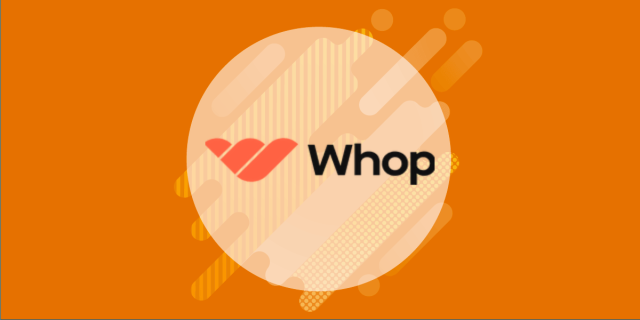Thinking about creating and selling courses online?
Skool and Kajabi are two big names.
They’ve made waves in e-learning.
But they’re different
Ready to find out which is right for you?
Quick decision
👍 What I like about Skool compared to Kajabi?
- Intuitive UI and UX: Skool’s UI and UX are the best. You feel right at home. And according to my experience, Skool offers the best engagement rates compared to Kajabi and even Circle.
- Gamification: Skool provides engaging features like points, levels, and leaderboards, allowing people to earn points and unlock exclusive courses and access to events.
- Community discover feature: This is quite similar to Facebook’s community search engine where people can search for keywords and join the communities they are interested in, leading to many organic leads.
- More popular platform: Skool is becoming a more popular platform than Kajabi as it is backed by Alex Hormozi, and they are making use of network effect and growth flywheels to make it a one-stop destination for all online community building and joining needs.
- More affordable: Skool offers much better value with unlimited members and courses on both plans (starting at $9/month for solo creators), while Kajabi (starting at $99/month) imposes significant limitations on products (1 published product) and marketing features.
👍 What I like about Kajabi compared to Skool
- A more comprehensive platform: Kajabi offers tools for course creation, email marketing, website building, automation, sales funnels, and community, making it easier to manage and grow online businesses from a single platform.
- Specialist course creation features: Along with the basic course creation functionalities that Skool provides you, Kajabi also comes with support for quizzes, advanced assessments, student level course completion reports, and retention graphs.
- Marketing automation: All the features of Kajabi work together in a unified way with the help of their automation engine, wherein you can set triggers and actions within the platform similar to Zapier.
- Good number of integrations: Compared to Skool, Kajabi integrates with a wide variety of different apps and email marketing platforms, reducing the need to use Zapier.
Upfront verdict
For a community-centric platform focused on engagement, Skool is clearly the better choice.
While Skool offers fewer features than Kajabi, it’s gaining significant popularity in the marketplace.
Why is this happening?
Network effect.
Let me explain.
Skool is becoming widely popular.
As more people become familiar with Skool communities, engagement rates across the platform continue to rise due to the familiarity effect.
This creates a significant barrier to entry for competitors in this space.
👉 The main reason why I went with Skool is because my target audience is already there in other Skool communities. Also, as I already host my website on WordPress and have email marketing sorted out, it made perfect sense to skip Kajabi.
For more details about my hands-on experience with Skool, check out this comprehensive review.
Kajabi, on the other hand, is currently more feature-rich and mature as an all-in-one platform.
Apart from just offering gamified community features and robust course functionality, it provides email marketing, automation workflows, podcast hosting capabilities, and much more.
To learn more about my experience with Kajabi, read my detailed Kajabi review.
Overview

Skool was founded by Sam Ovens, a well-known name in consultancy (founder of Consulting.com)!
It’s mission is to create a vibrant, community-driven learning environment by combining social media features with educational content.
What sets Skool apart is its emphasis on community engagement, incorporating discussion forums, group activities, and social feeds to encourage interaction among learners.

Start Your Skool Community Today
Build an engaged community with gamification and organic discovery. Unlimited members and courses from $99/month.
Verified

On the flip side, Kajabi is like a one-stop shop for creating, marketing, and selling online courses and membership sites.
It offers a complete suite of tools that include course creation, marketing automation, sales funnels, and analytics, making it easier for course creators to manage and grow their online businesses.

Launch Your Business With Kajabi
Get the complete all-in-one platform: courses, email marketing, funnels, and community in one place.
Verified
👉 In a nutshell, Skool focuses on building community engagement and organic growth (think Facebook Groups), while Kajabi provides powerful tools for building and scaling online businesses.
Decision aspect #1 – Want more community engagement?
Community-centered learning is the future in the age of AI.
You know this.
I know this.
Traditional pre-recorded courses won’t cut it anymore – things change too fast.
Skool nails this balance perfectly.
💪 I strongly believe in putting community first, with courses simply supporting members on their journey to transformation.
If you share this vision, here’s why Skool makes sense: the more popular Skool becomes, the more organic leads you’ll get.
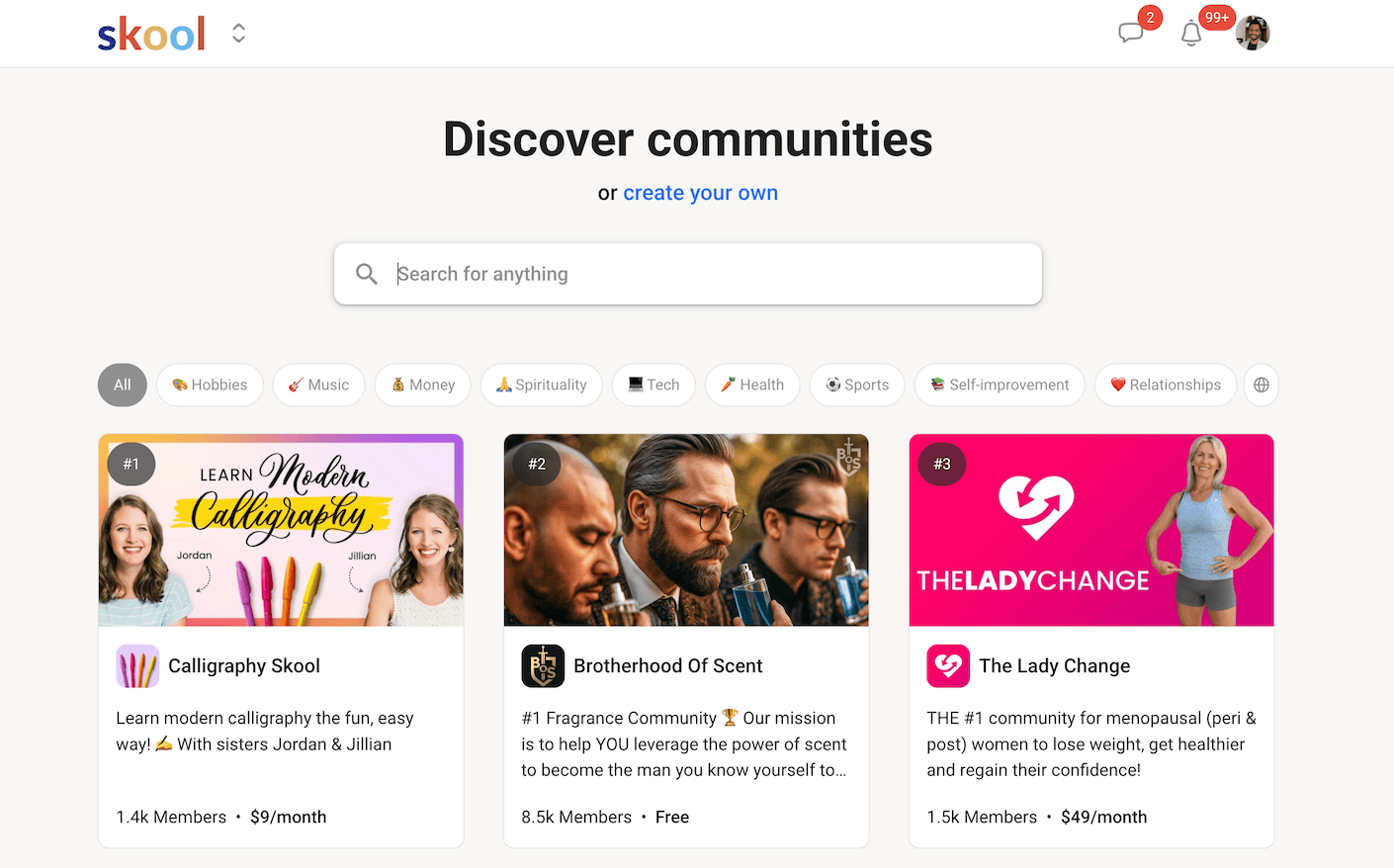
Skool’s discovery feature lets people search for keywords and join communities they’re interested in – just like Facebook groups, but with higher-quality members.
Plus, Skool’s gamification system boosts engagement dramatically.
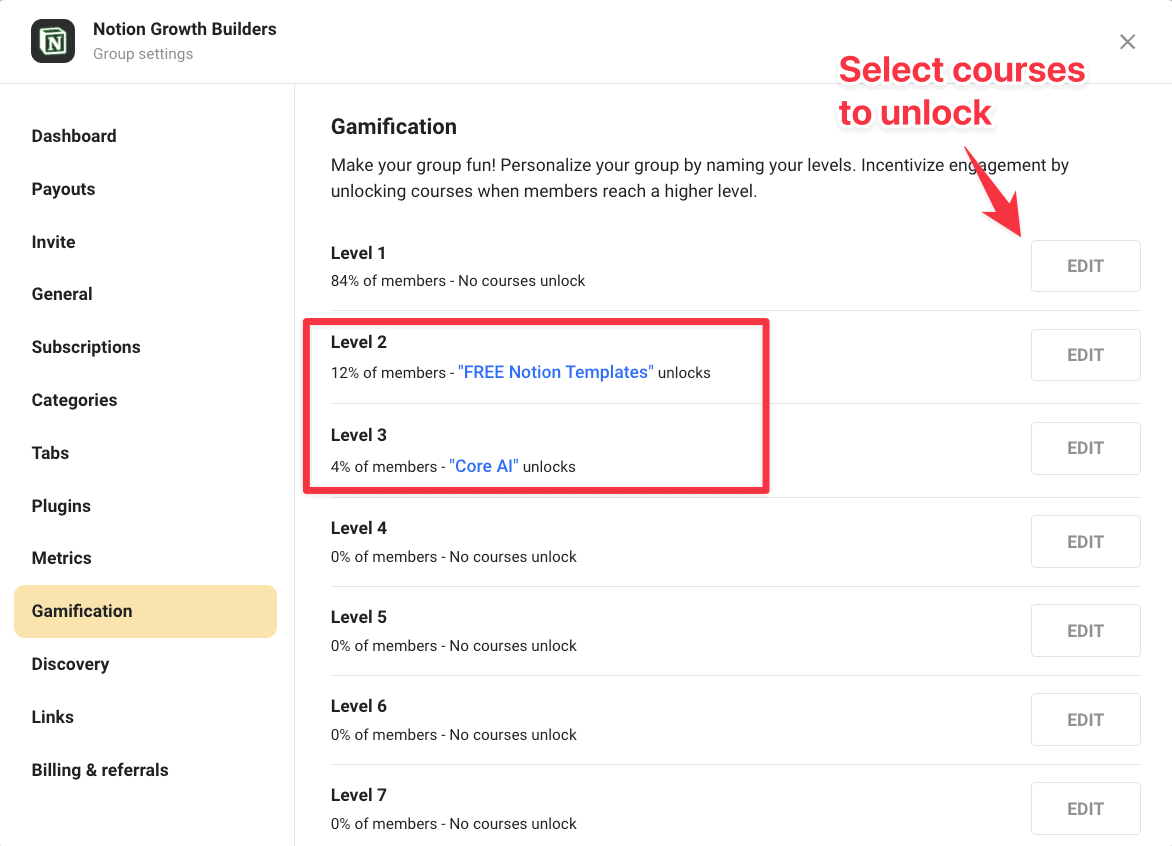
Here’s how Skool’s gamification works: members earn 1 point for every like they receive on their contributions.
As they accumulate points, they level up, unlocking special perks you can customize – like exclusive courses, private chat access, or special events.
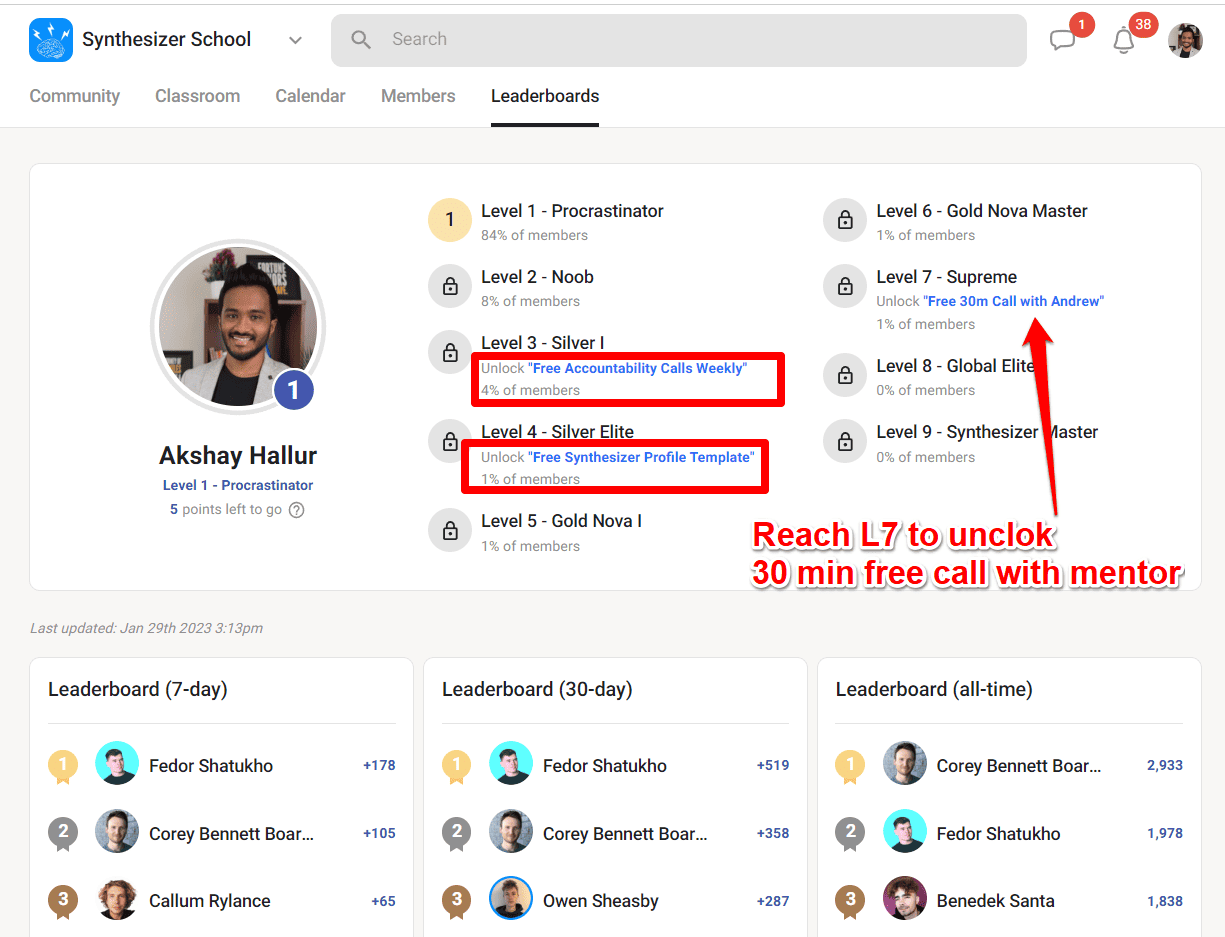
The system creates healthy competition through leaderboards while encouraging daily participation with activity streaks.
Now.

Kajabi does offer gamification and community features too
But Kajabi is not seen as a community platform.
And here’s the important part:
As Kajabi doesn’t have any organic discovery feature, you won’t get those organic leads – you’ll need to market yourself heavily. Thus they miss out on the network effect of community builders.
👉 The question is: “Do you want to build a community-centric learning environment where people who are part of other community-centric creators can organically discover your community?”
Decision aspect #2 – Want all-in-one platform?
When it comes to having everything you need under one roof, Kajabi clearly takes the crown.
Think about it:

With Kajabi, you get website building, email marketing, course creation, sales funnels, analytics, and community features – all working seamlessly together.
And also, there’s real good depth to its features!
For example, you can literally view student-level video retention reports for the courses.
For course creators who want to focus on scaling their business rather than managing tech, this is huge.
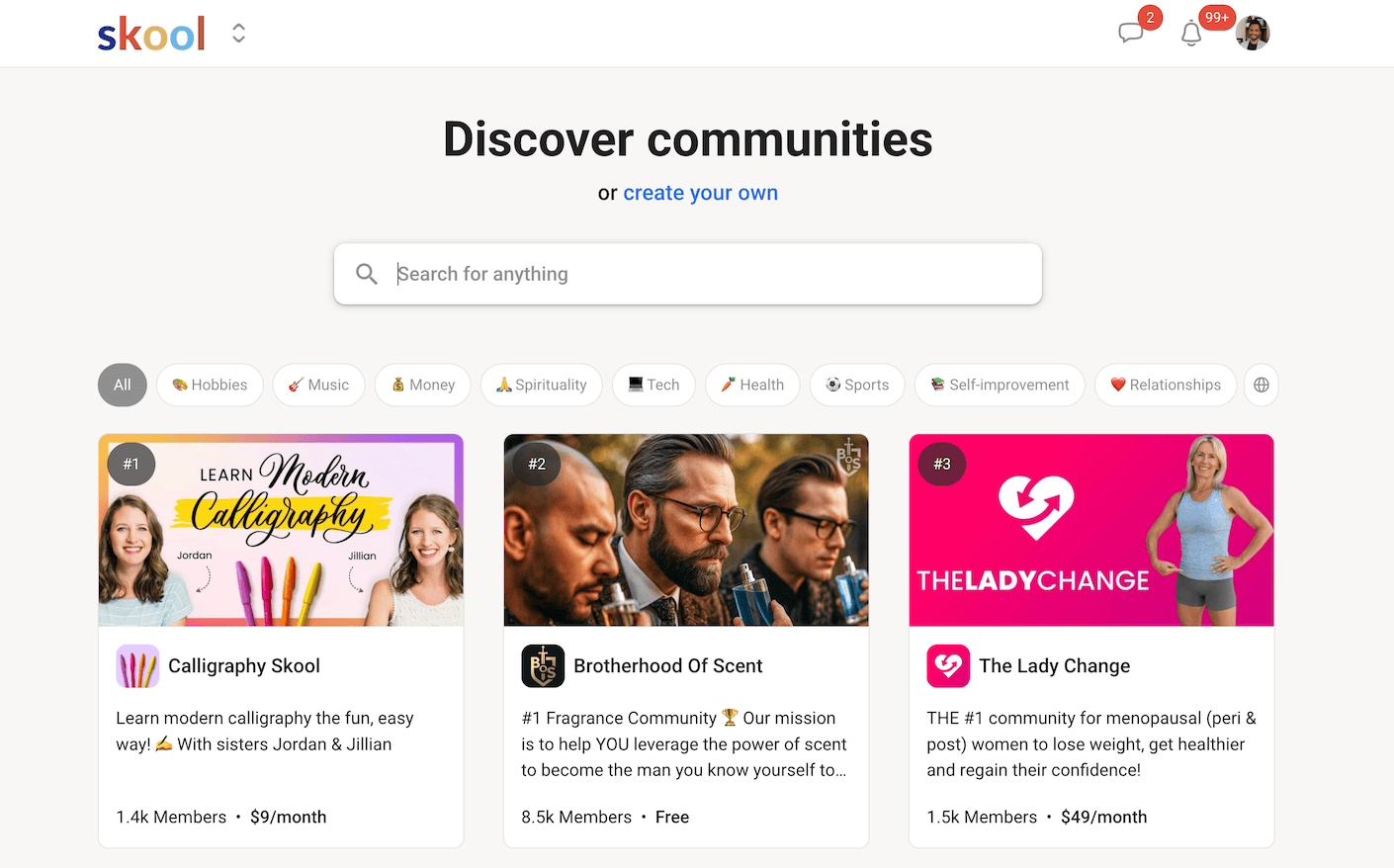
Skool, while fantastic for community engagement, falls short in the all-in-one department.
Here’s what you’ll miss with Skool:
- No email marketing: Requires third-party services like ConvertKit for email campaigns.
- No website builder: Needs external platforms like WordPress for hosting your main site.
- Limited sales tools: Lacks Kajabi’s advanced funnel capabilities with upsells and downsells.
- Basic analytics: Missing Kajabi’s detailed metrics on student progress and marketing performance.
The trade-off is clear: with Kajabi, you’re paying more (starting at $149/month) for convenience and comprehensive features.
With Skool, you’re getting an exceptional community platform at a lower price (starting at $8 per month), but you’ll need to piece together other tools for a complete business solution.
👉 If you already have your website, email marketing, and other systems in place (like I do), then Skool might be the perfect addition to your tech stack. But if you’re starting from scratch and want everything in one place, Kajabi’s all-in-one approach could save you significant time and headaches.
In summary: Skool excels at community building with superior engagement and organic discovery, while Kajabi provides a comprehensive all-in-one platform with deeper course features and marketing tools.


